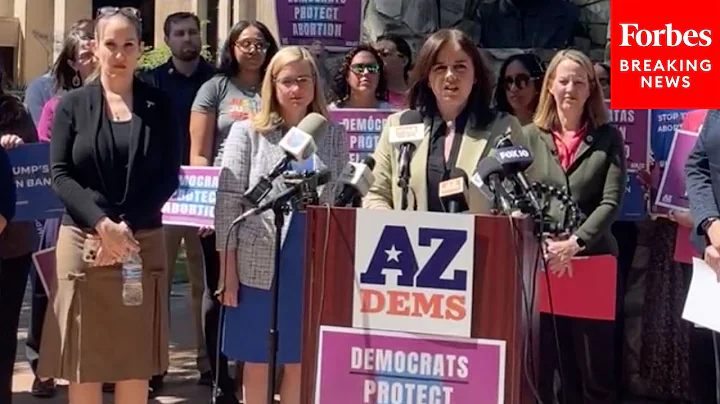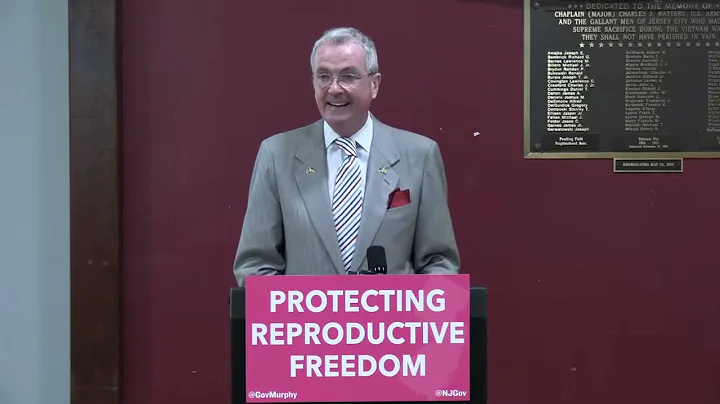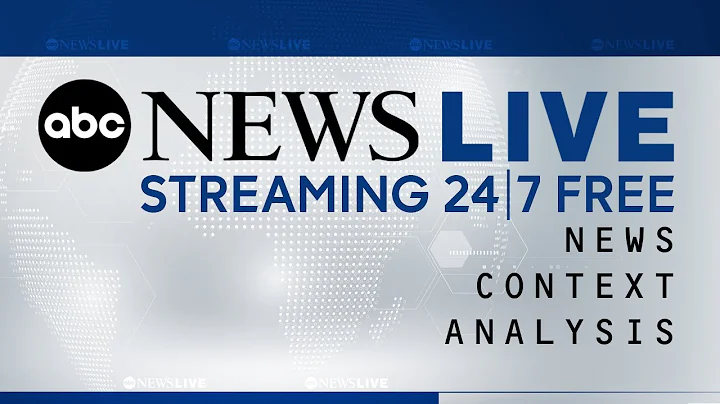( Observer Network News) On the 27th local time, a national alliance of attorneys general from 22 states in the United States issued a joint statement reaffirming their continued commitment to supporting and expanding women’s abortion medical care services.
"Abortion care is part of health care. As state attorneys general, we stand together and are proud to say we will not back down in the fight to protect the rights of pregnant women in our states and across the country."
Additionally, Louisiana That state, , Utah and other states have filed lawsuits to prevent abortion bans from taking effect. Among them, judges in two states have issued temporary restraining orders against abortion bans.
Previously, The U.S. Supreme Court ruled on June 24, local time, to overturn Roe v. Wade, canceling the right to abortion stipulated in the Constitution and leaving the legality of abortion to the states.
22 State Attorneys General joint statement supports abortion
The joint statement was released on the official webpage of the Minnesota Attorney General’s Office on the 27th local time, and its short version was also posted on the homepage of the website.

The joint statement

A short version of the statement was posted on the homepage of the official website of the Minnesota Attorney General's Office
This statement pointed out that despite the U.S. Supreme Court ruling overturning the "Roe v. Wade" decision, in Minnesota and Access to safe and legal abortion remains strongly protected in many states across the country.
In Minnesota, the right to abortion is protected by the 1995 Minnesota Supreme Court decision Doe v. Gomez, which found in the Minnesota Constitution a higher level of protection than the U.S. Supreme Court's decision in Roe v. Wade” broader abortion rights.
The statement also mentioned that the negative impacts of banning abortion will disproportionately fall on people of color and people with fewer resources, further perpetuating the historical inequality in the American country.
In addition to Minnesota Attorney General Ellison, the coalition includes representatives from California , Colorado , Connecticut , Delaware , the District of Columbia, Hawaii, Illinois , Myanmar. by state , Maryland , Massachusetts , Michigan , Nevada, New Jersey, New Mexico , New York , North Carolina , Oregon, Pennsylvania, Rhode Island Attorneys General of the states, Vermont and Washington .
Lawsuits have emerged in many states to prevent abortion bans from triggering laws to take effect.
According to reports from the " Guardian ", "British Broadcasting Corporation" (BBC) and other media, on Monday local time, a civil district court in Orleans Parish, Louisiana Judge Robin Giarrusso, presiding over a lawsuit, issued a temporary restraining order blocking the state's abortion "trigger law" from taking effect. The state's "trigger law," passed in 2006, bans abortion at any stage of pregnancy, with no exceptions in cases of rape or incest.
's so-called "trigger law" means that its laws can take effect immediately, or close to immediately, after the Supreme Court overturns the 1973 Roe v. Wade decision that recognized the right to abortion. Louisiana is one of 13 states that have reinstated bans or severe restrictions following the high court ruling.
The case was brought by Hope Medical Group for Women in Shreveport. The group is one of three abortion clinics in Louisiana and the lawsuit is one of several challenging Republican-backed abortion bans under the state constitution.
But the lawsuit may only buy time. Notably, the plaintiffs in the case do not deny that the state can ban abortion; they argue that Louisiana has multiple conflicting triggers under the law.
The lawsuit claims that the "trigger law" is vague and makes it impossible to tell when the abortion ban will take effect, one or all of the abortion bans, and what actions are prohibited. The ambiguity has also led to conflicting statements from state and local officials about whether trigger bans are in effect.
Based on this, Judge Giarrusso issued a temporary restraining order against the abortion ban, writing: "Each of the three triggering bans excludes different conduct, making it impossible to know which abortion care is illegal and what is What is allowed, including what care can be provided to save a woman's life or end a medically futile pregnancy," followed by a hearing scheduled for July 8 to decide whether to further block enforcement of the abortion ban.
The state's three remaining abortion clinics say they will resume providing abortion care to patients following Judge Giarrusso's ruling. Similar lawsuits have arisen in
in Utah and in Ohio to prevent the triggering ban from taking effect.
In Utah, a judge approved a restraining order on Monday local time, preventing the state's trigger law from taking effect for 14 days, and the next court date has been set for July 11.
On the same day, A Florida judge was weighing a request from a coalition of abortion rights groups and clinics to block the state's law banning abortion after 15 weeks.
Regarding the Louisiana lawsuit, Nancy Northup, CEO of the Center for Reproductive Rights, said: "A public health emergency is about to sweep the country. We will work as long as possible to restore the health of Louisiana and other states. Channel. Every day the clinic is open and provides abortion services can change a person's life."
This article is an exclusive article by Observer.com and may not be reproduced without authorization.





















